The Judiciary of India is instrumental in upholding the Constitution, interpreting laws, and protecting the rights of citizens.
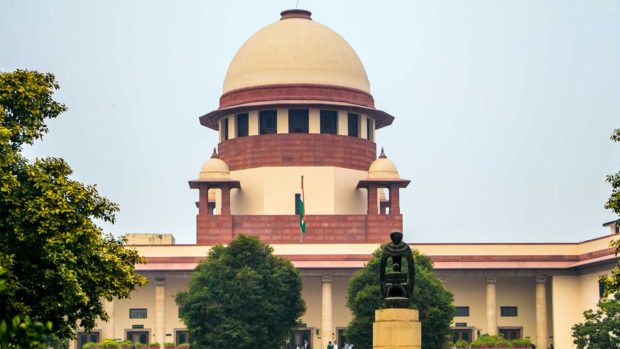

The Judiciary of India is instrumental in upholding the Constitution, interpreting laws, and protecting the rights of citizens.
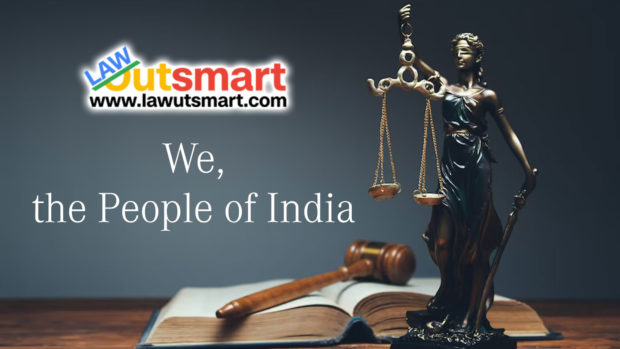
Learn the differences between the Attorney General and the Solicitor General in terms of appointment, tenure, mandate, functions and duties.

Learn the difference between civil law and criminal law. Both are crucial in maintaining social order and delivering justice.

Learn the major differences between The Indian Penal Code (IPC) and the Code of Criminal Procedure (CrPC).
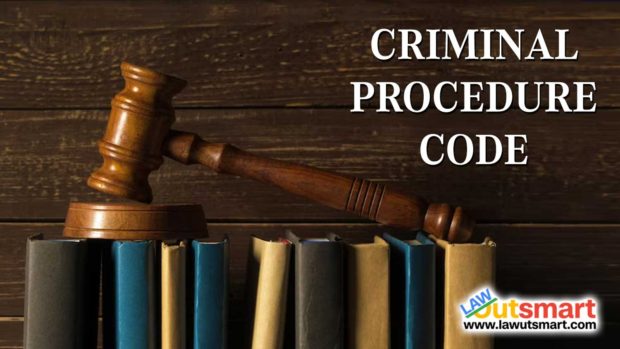
Learn the differences between police custody and judicial custody in terms of set of rules, rights, and oversight mechanisms.
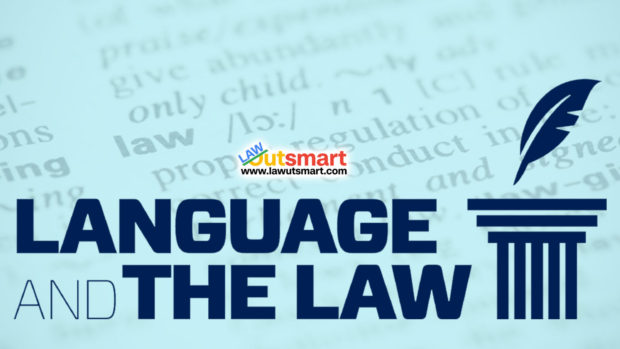
It is very important to understand the differences between “illegal” and “unlawful”, especially for legal professionals, policymakers, and the public.

The First Information Report is the cornerstone of the criminal justice process in India. It initiates the police’s role in the justice delivery mechanism and acts as the first formal record of a crime.
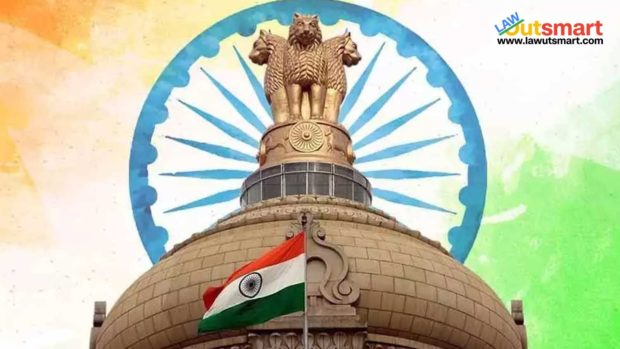
The Prime Minister in India balances a multitude of roles from executive administration to international diplomacy. Learn about PM’s powers and duties.

The President of India plays a multifaceted role, balancing ceremonial duties with constitutional responsibilities. The President has bee granted several powers to effectively perform these duties.
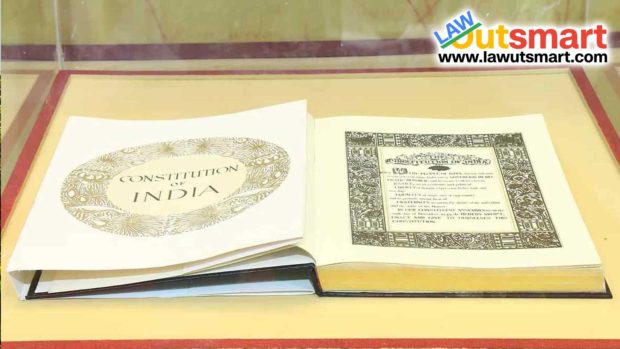
The Constitutional Bench of the Supreme Court address the issues of significant constitutional importance. It involves a minimum of five judges.